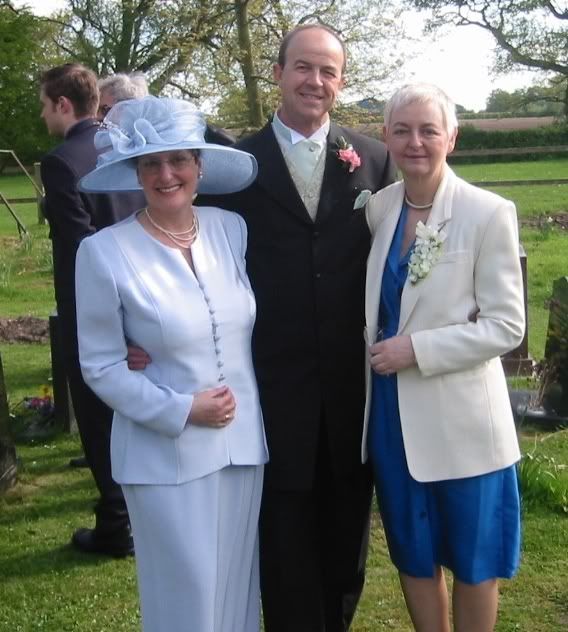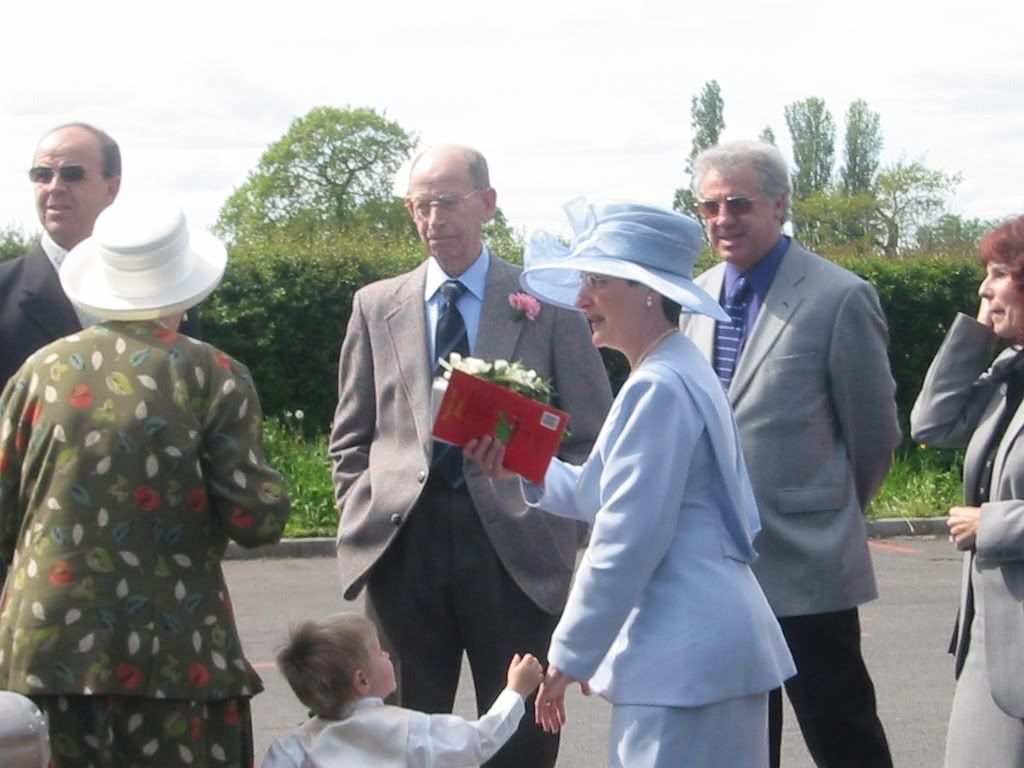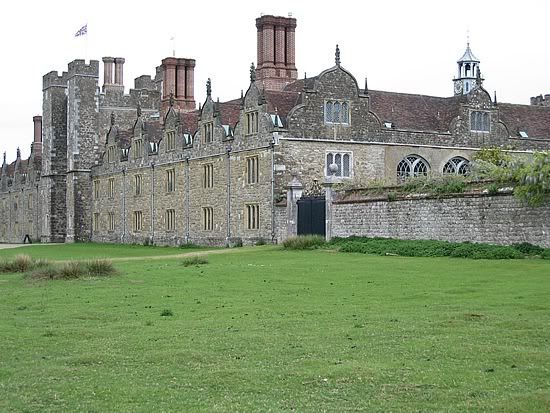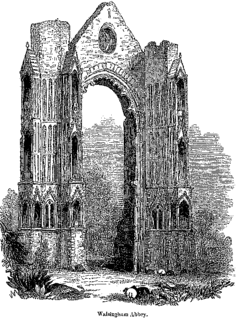I have always liked chickens. They take me back to my earliest years. The place I lived when I was the tiniest baby until I was about four was Sevenoaks in Kent south of London. I have no illusions that the place has changed beyond recognition in the sixty years since then. I’d rather not know how much.
We lived at number 20 Hillingdon Avenue in a row house. There were swings close by, going by how often I was photographed sitting on them and scowling. They houses were cinder block consctruction and there was a garden at the back. That was where the chickens were kept. I don’t know for certain but I’m guessing, its being wartime, that people were encouraged to raise as much of their own food as possible.
I don’t remember what was grown in the garden, just that we had chickens and I loved eggs. The eggs were a wonderful, creamy yellow goodness in a great package and if the chickens laid one and I found it, it was mine. I remember once being so excited that I was running up the garden path, tripped and fell and, inevitably, the egg broke. I was very upset, mostly because I thought I would be in trouble for breaking the egg than going without my breakfast.
A lot of people lived in that house. I realized that much later, of course. There was Grandad, a grand old man in his eighties who had earned his living as a hurdle maker. I have no idea what that was or the need for them and if anyone can tell me I’d be grateful. There are several photos of me and Grandad. I do remember that I loved him. He died shortly after the end of the war and we always went to put flowers on his grave. He was much loved.
Then there was Auntie Dolly and her husband Russell Knight and Auntie Dolly’s two teenaged daughters, Gillian and Aileen. Then there was my godmother, who was Dolly’s sister, her daughter, Joan.
Just as the war ended, we also had Joan’s son, Michael (my foster brother) and Pop [Fred], Michael’s father who was demobbed in 1945. And then there was me. For a grand total of ten people. It was wartime and there was no building going on. People were living with relatives if they’d survived being bombed out.

Mum, Michael, whom I called "Uncle Mike" when we lived in Manchester, and Michael's wife, my "Auntie" Gill, grandparents themselves, now, at their son's wedding.

L to R, Uncle Mike, Joan (with back to camera), her husband Fred Hill, Auntie Gill holding her grandson's hand. (plus two unknowns).
Me. My mother was not married to my father [Herbert Burkett, a dashing American airforce officer from Texas about to go overseas and possibly never be seen again. He survived the war, however, and died in 1971 of leukemia, we suspect, after having been part of the nuclear testing in Nevada], which happens a lot in wartime. My mother and my uncle, Laurie, turned up on the doorstep if 20 Hillingdon Avenue with me, wrapped in a blanket. I was ten days old. Nan took me in and became my godmother. [I remember Nan, a lovely elderly lady, who lived with Joan and Fred until she died. She was very kind to me and I was devastated when I learned she had died a few years after we returned to Canada. Had a soft spot for old ladies all my life. Possibly because of her, as much as because of my grandma.]

Sevenoaks is — and has been for hundreds of years — the seat of Knoll House.
It’s one of the great houses of England and is so old that the first renovations were done by the Tudors.
We often walked to the gate of Knoll House, either to go in and have a picnic on the grounds or to visit someone whose name I have forgotten. They lived in a coach house right beside the gate. I was intrigued because the doorway was down. You had to step down to get inside. I can see in my mind’s eye even now, the horses and the coaches, hear the sounds of the horses’ feet clop-clopping on the cobblestones. I don’t suppose it’s still cobbled but sixty years ago, they were still there. They hurt my small feet to walk on them.
There are red deer in the park, descended from the original herd which provided the gentry with hunting sport. They aren’t hunted now, of course. Back then, no doubt, there were plenty of rabbits running about the town. The blackberry vines were enough to guarantee that. At our house, the blackberries began just the other side of the chicken coop. The land fell right off back there and nobody was arguing with the blackberries about who owned it.
Waking up to the call of the rooster was good for me, I’m convinced. I still love the sound of the rooster.



No comments:
Post a Comment